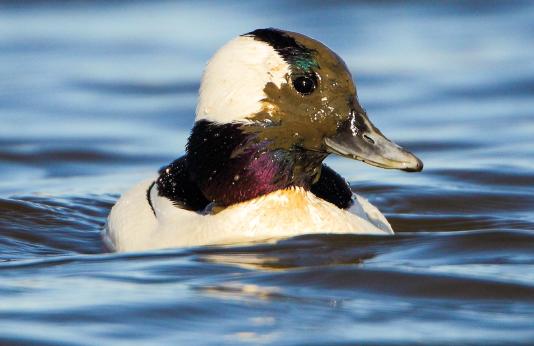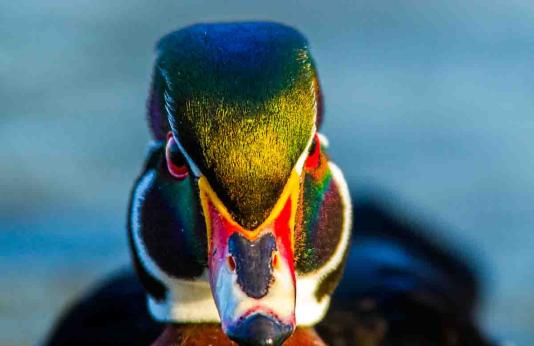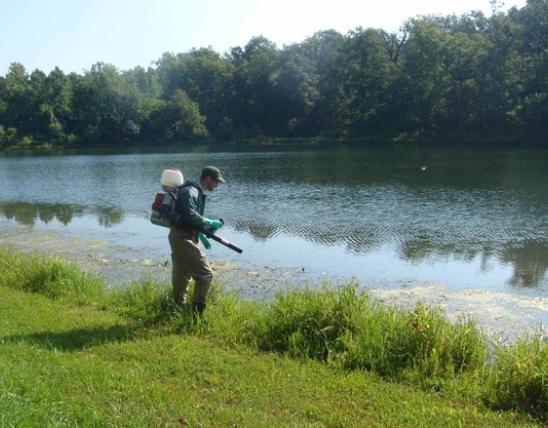Freshwater mussels are cold, wet, and clammy. Encased in a hard shell, these animals are as unique as their names: fat pocketbook, pink heel-splitter, fawnfoot and hickorynut.
Missouri has more than 60 mussel species that are important for healthy rivers, streams and ponds. They provide food for muskrats, raccoons, river otters and some birds. Mussels are filter feeders that clean water as they feed. Each species requires a particular set of water conditions as well as a specific host, usually a fish species to help incubate their young. Mussels lure host fish in by visually mimicking them, or with chemical cues, and then release their young to attach to the fish’s gills. See live action in the video below.
Mussels require clean, undisturbed habitat to survive. Nearly half of Missouri’s mussel species are of conservation concern and provide an early warning for our waterways. Because most mussels stay in a single spot their entire lives, they need stable living conditions. Their most serious threat is river damming, which reduces or removes currents necessary for most species.
Help Mussels
- Consult Missouri mussel and clam regulations before collecting them.
- You can also help protect our mussels by joining or forming a Missouri Stream Team in your area. Stream Teams are volunteer groups that monitor water quality and report threats to our rivers and streams.
Magnificent Mussels
Have you heard about the pond mussel?
- The pond mussel is a widespread species that is one of the few Missouri mussels successful in shallow ponds and the shallow areas of lakes, sloughs and quiet pools in creeks and rivers.
- Mussels are excellent biological indicators of water quality because they are long-lived and relatively immobile, accumulating contaminants in water that can be scientifically analyzed.
- Mussels act as nature's “vacuum cleaners,” filtering and cleansing polluted waters.
- Mussels are also an important food source for other species in the aquatic environment.
For more on the pond mussel, visit the MDC’s Field Guide.
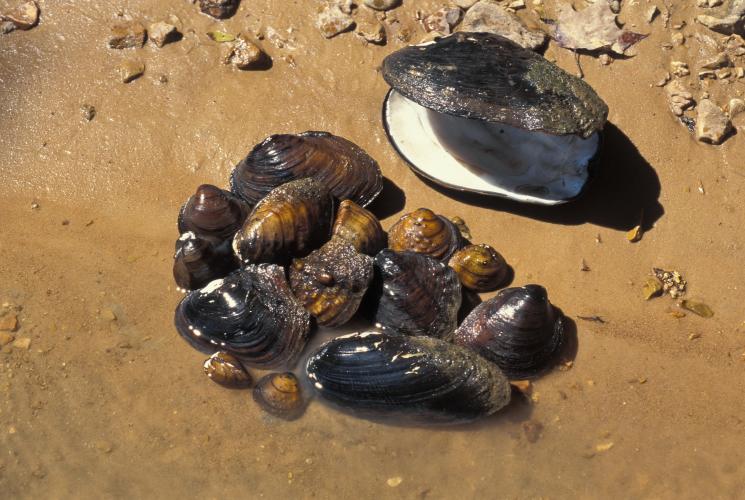
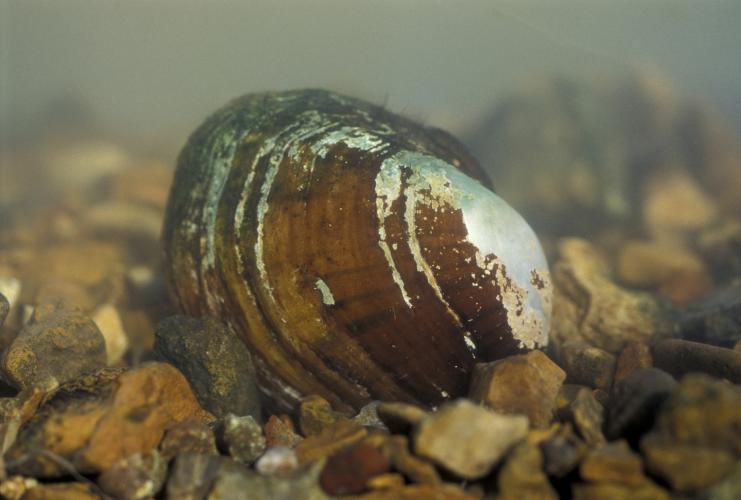
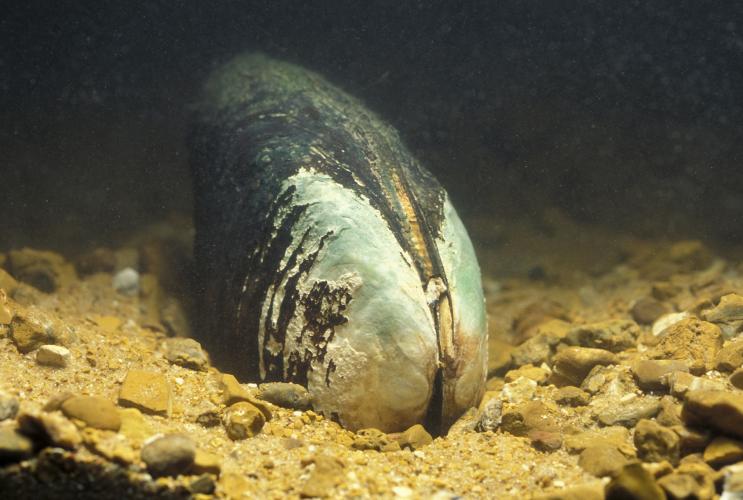
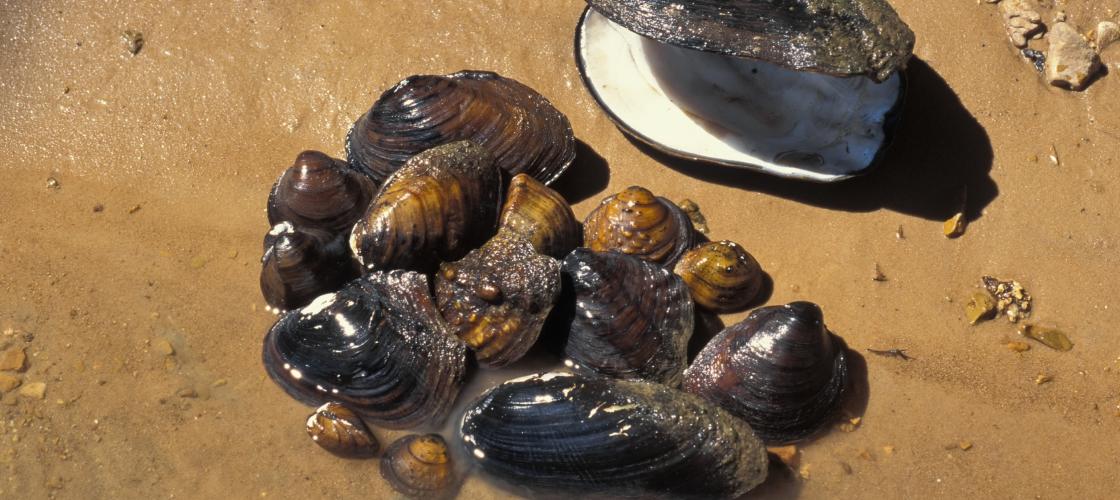
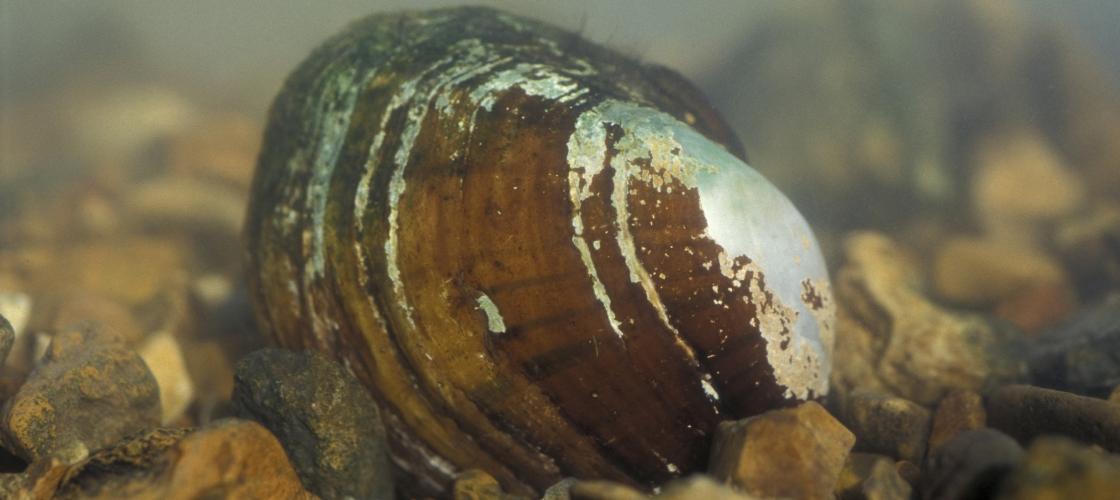
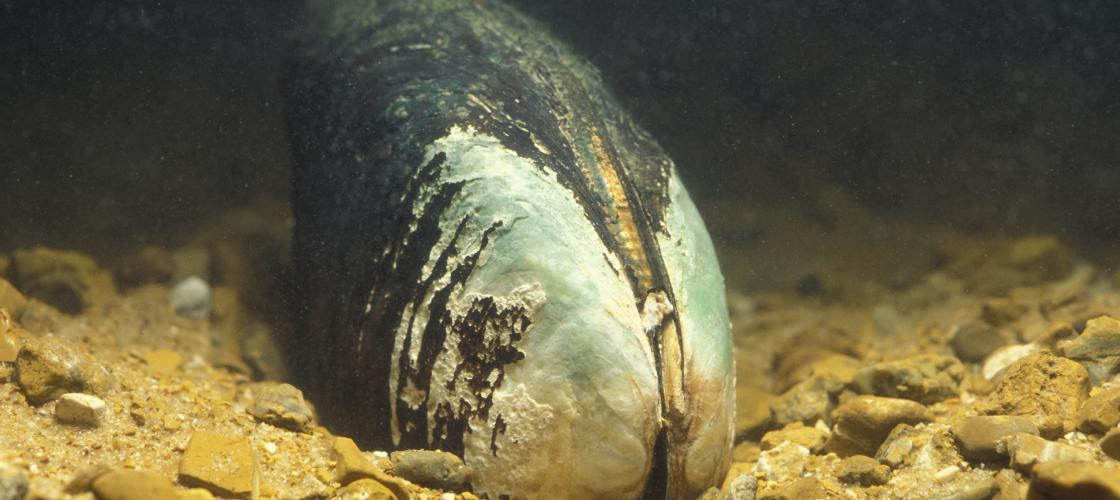
Recent Posts
